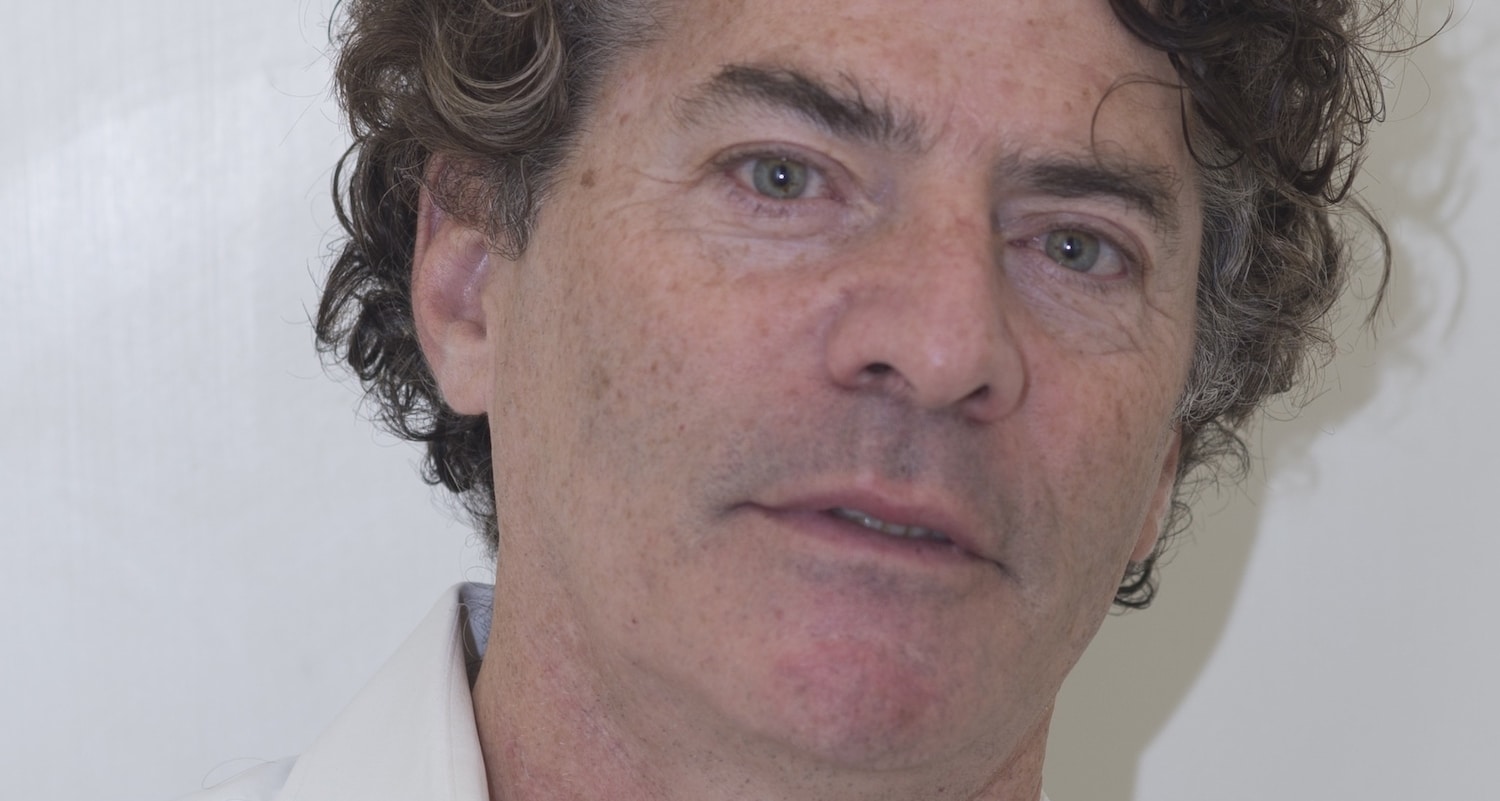In this Episode of The Human Upgrade™...
In this episode of Bulletproof Radio, we get into the pros and cons of mind-wandering—why it’s good for you, when it’s too much, and how to use it to your advantage.
My guest is Jonathan Schooler Ph.D., a professor of Psychological and Brain Sciences at the University of California-Santa Barbara. As the director of the Center for Mindfulness and Human Potential, as well as director of the META Lab at UCSB, he has studied mind-wandering extensively. His research includes mindfulness, cognitive psychology, memory, and consciousness.
“The idea is that when people are mind-wandering, it’s basically sort of stirring the pot and allowing unconscious associations to reorganize and consolidate, and allowing new things to come to mind,” Dr. Schooler says.
He explores topics that intersect philosophy and psychology, such as how fluctuations in people’s awareness of their experience mediate mind-wandering and how exposing individuals to philosophical positions alters their behavior.
Our conversation goes deep into mind-wandering, why we often have a deficit of it, and why it’s vital to human performance.
Listen on to find out:
- How to identify four types of mind-wandering;
- How meta-awareness helps you realize when you’re mind-wandering instead of paying attention;
- Why mind-wandering is important to the creative process; and
- Why the most effective techniques for helping with mind-wandering and focus are mindfulness and meditation.
Stick with this episode all the way through because I’ve added a special feature and a bonus topic.
Enjoy the show!
Key Notes
- The “tip of the tongue” feeling 00:05:50
- The best thing for mind wandering is mindfulness 00:10:25
- The drawbacks of mind wandering 00:26:30
- Mind wandering vs. mind wondering 00:32:50
- The flow state 00:37:55
- Why you should imagine yourself as a kid 00:43:35
- Bigger Ideas:
- How to have an “aha” moment 00:02:25
- Dropping words is not unhealthy, it is a part of life 00:07:50
- What is Open Monitoring? 00:18:25
- 2 minutes of silent Open Monitoring 00:20:43
- How to deal with the “mean asshole in your head” 00:24:50
- How do you stay in the flow state longer 00:40:20
- Why studies don’t always replicate 00:45:50
- How happy people with locked-in syndrome can be 00:51:40
Go check out “Game Changers“, “Headstrong” and “The Bulletproof Diet” on Amazon and consider leaving a review!
If you like today’s episode, check us out on Apple Podcasts at daveasprey.com/apple and leave us a 5-star rating and a creative review.
Enjoy the show!
Follow Along with the Transcript
How to Use Mind-Wandering for a Better Brain – Jonathan Schooler, Ph.D. – #607
Links/Resources
META Lab (Memory, Awareness, Thought, Emotion): labs.psych.ucsb.edu
YouTube: youtube.com/channel/UCi9xkjMmNq2Fbbr0FG6mPbA/
Meta Science 2019: metascience2019.org
Subscribe To The Human Upgrade
Similar Episodes

BOOKS
4X NEW YORK TIMES
BEST-SELLING SCIENCE AUTHOR
Smarter
Not Harder
Smarter Not Harder: The Biohacker’s Guide to Getting the Body and Mind You Want is about helping you to become the best version of yourself by embracing laziness while increasing your energy and optimizing your biology.










